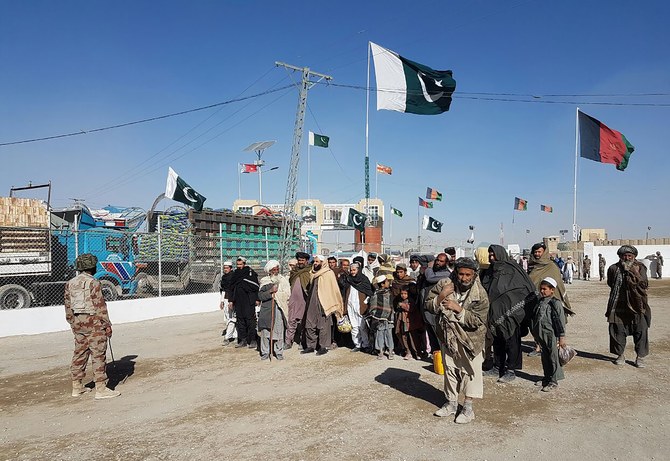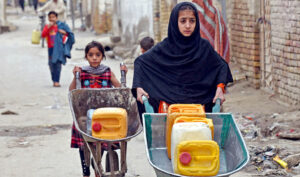PESHAWAR – The United Nations World Food Programme (WFP) has warned that hunger and malnutrition are sharply increasing across Afghanistan, urging immediate international support before winter arrives.
On 20 October, the WFP posted a statement on its official X account, saying, “nutritious food is every child’s right.” The agency noted that funding shortages have limited its ability to reach all those in need. It currently provides aid to only a fraction of vulnerable families and needs urgent resources to continue operations through the winter months.
Many Afghan families say they are struggling to survive as food prices rise and job opportunities disappear. A Kabul resident, who asked not to be named, told Mashaal Radio that life has become unbearable. “There is no work. Every direction you look, people face hardships. It is painful when a person has no income but must support a large family,” he said.
In Balkh province, a resident named Mohammad Yousuf said his two children suffer from malnutrition. “We go to the health centre, but sometimes they give treatment and sometimes they do not. It is a serious problem. My salary is very low, and I cannot meet my children’s needs,” he explained.
Sufficient and nutritious food is a right for every child.
— WFP in Afghanistan (@WFP_Afghanistan) October 20, 2025
But in #Afghanistan, hunger is worsening — malnutrition is surging, and WFP can now reach only a fraction of those in need due to funding cuts.
We need urgent support before winter hits. pic.twitter.com/3elPG3Ku4K
Funding shortages threaten millions
Last week, the WFP also warned that six countries, including Afghanistan, could face severe hunger by the end of 2025 due to shrinking budgets. In its 15 October report, the agency said about 9.5 million Afghans face food insecurity. It expressed deep concern over the figure, noting that it can meet only eight percent of its humanitarian target during the coming winter.
The WFP’s limited reach follows international aid cuts triggered by the Taliban’s 2022 decision to ban Afghan women from working with non-governmental organizations (NGOs). That move forced many global donors and humanitarian agencies to scale back or completely halt assistance.
Reports indicate that the restrictions have reduced food, health, and education services for millions of people. The UN Office for the Coordination of Humanitarian Affairs (OCHA) estimates that nearly 24 million people in Afghanistan will need urgent humanitarian aid in 2025.
Earlier, OCHA said it managed to assist only 15 million people in 2024, out of an estimated 23 million in need. Humanitarian agencies warn that unless funding resumes soon, Afghanistan’s hunger crisis will deepen, pushing millions further into poverty and malnutrition.












